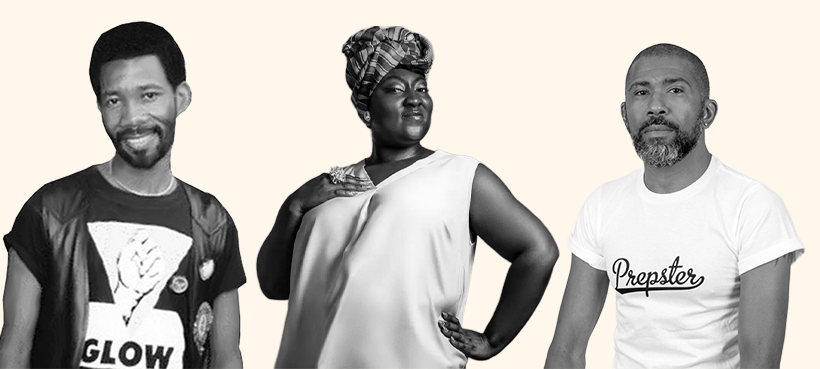
Strength in Community: How Black Leaders Have Shaped the HIV Response
October is Black History Month — a time to celebrate the power, creativity, and resilience of Black communities. It’s also a chance to recognise the many ways Black people have shaped the fight against HIV, turning pain into purpose and stigma into strength.
From the earliest days of the epidemic, Black voices have been central to driving change — challenging prejudice, demanding access to treatment, and leading community-based responses that continue to save lives today.
From activism to action
Across the world, Black activists have been at the heart of the HIV response.
In South Africa, Simon Nkoli became one of the first openly gay Black men to speak publicly about living with HIV during the height of apartheid. A fearless anti-apartheid and LGBTQ+ rights activist, he used his platform to draw the world’s attention to how discrimination and stigma fuelled the epidemic. Nkoli’s courage helped shift both HIV and LGBTQ+ rights into the mainstream of South African political discourse — paving the way for a more inclusive democracy.
Here in the UK, Marc Thompson has been a leading voice for equality and visibility for more than 30 years. Living openly with HIV since 1986, Marc has co-founded Team PrEPster and The Love Tank, two organisations that work to empower Black gay men and queer communities to make informed choices about their sexual health. His work has changed the way HIV prevention is talked about — moving from fear to empowerment, and from shame to pride.
And Phyll Opoku-Gyimah (Lady Phyll), the founder and executive director of UK Black Pride, has shown how representation and community care can transform lives. Through UK Black Pride, she’s created a powerful platform for LGBTQ+ people of African, Asian, Caribbean, Latin American, and Middle Eastern descent — celebrating identity while also campaigning for better health outcomes, including access to HIV services and support.
Leading with love
What unites these stories is the power of community. Change has always come from people supporting one another, creating safe spaces, and speaking truth to power. That same spirit is what drives so much of the HIV work happening today — in communities, clinics, and conversations.
At The Eddystone Trust, we believe in the power of people to make a difference. HIV doesn’t define who you are — and with testing, treatment, and support, people living with HIV can live long, healthy, and happy lives.
Looking forward
While there is so much to celebrate, it’s also important to recognise that Black communities remain disproportionately affected by HIV in the UK and globally. Structural inequalities, racism, and stigma still play a role in shaping people’s access to testing, prevention, and care.
That’s why it’s vital that we continue the work of those who came before — challenging discrimination, sharing knowledge, and ensuring that everyone, regardless of background, can access the support they need.
This Black History Month, we celebrate the strength and leadership of Black communities — past, present, and future. Because when we stand together, we rise above stigma, fear, and inequality.
To find out more about HIV and how you can get tested visit here.
